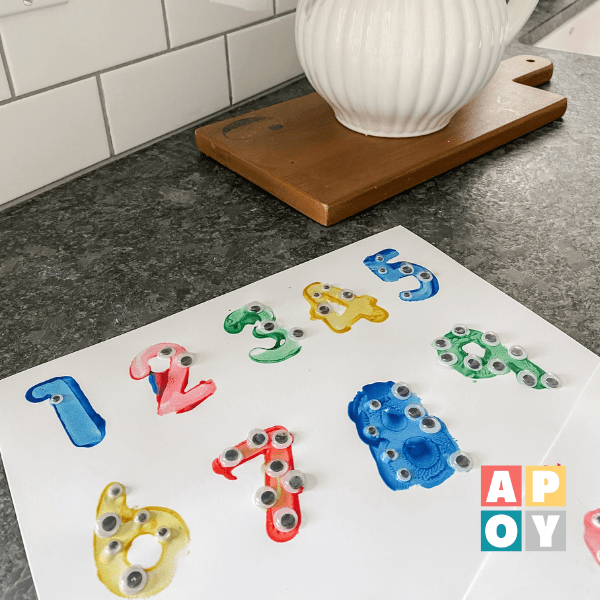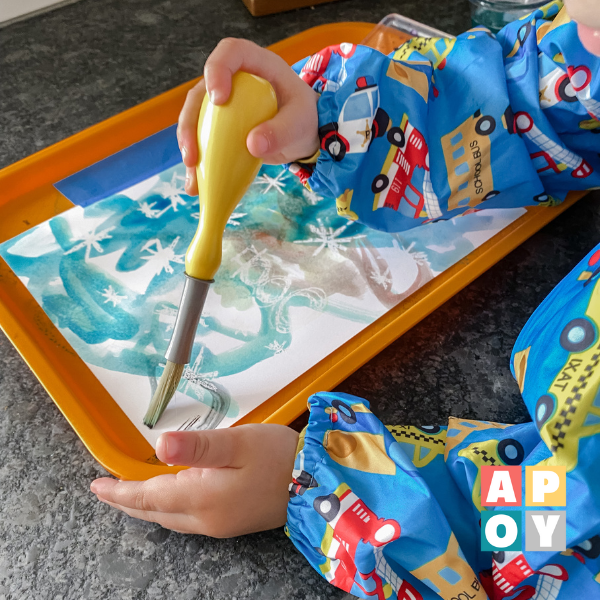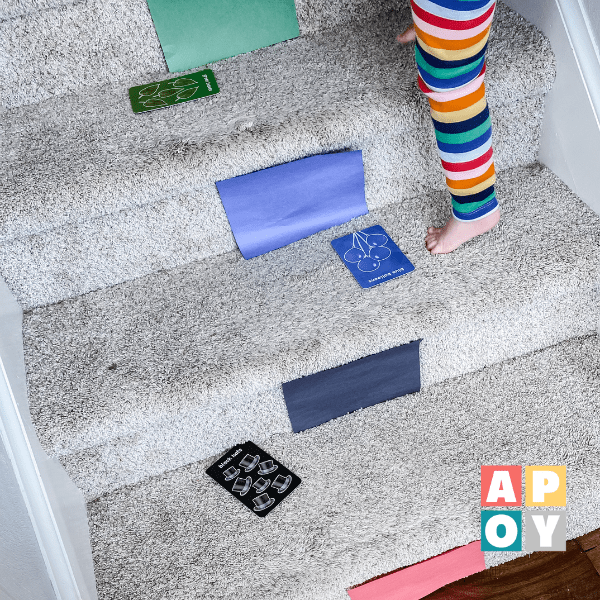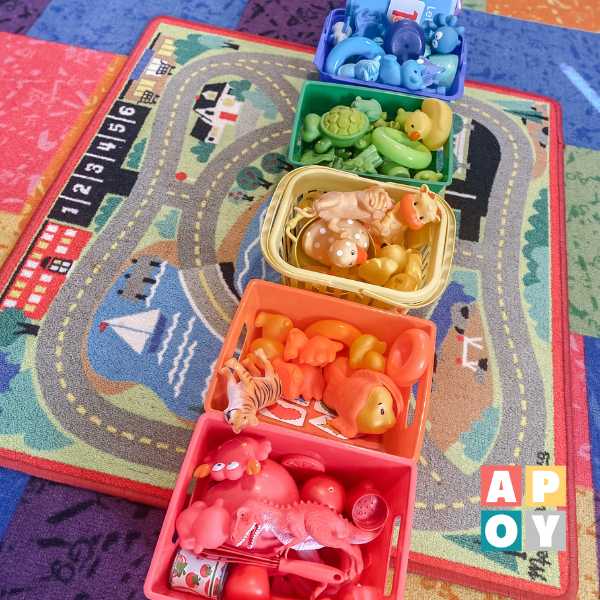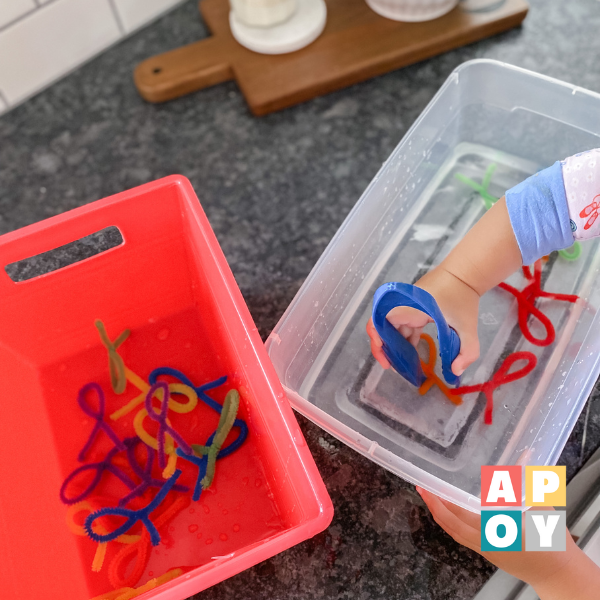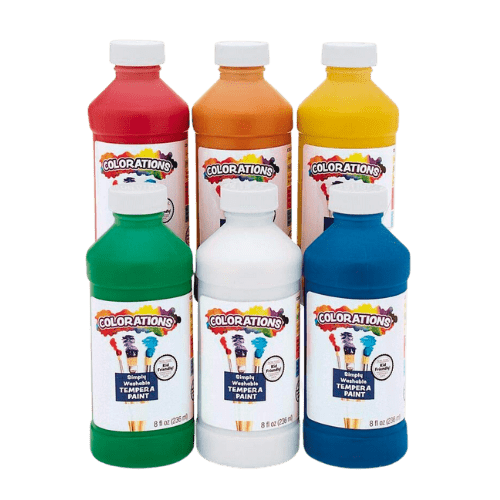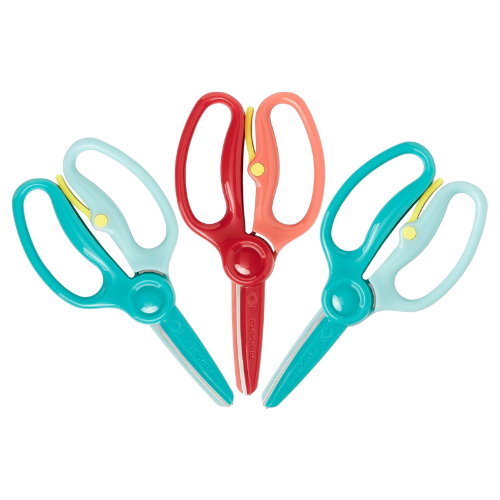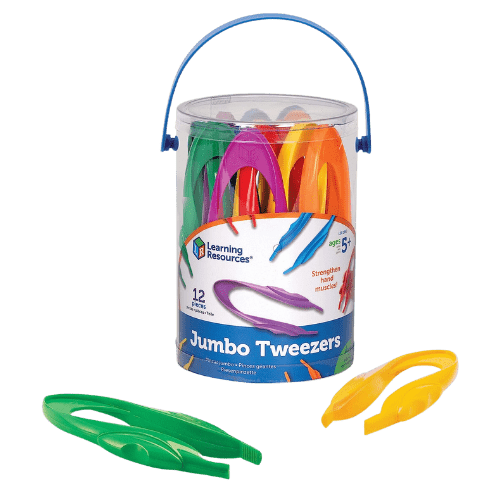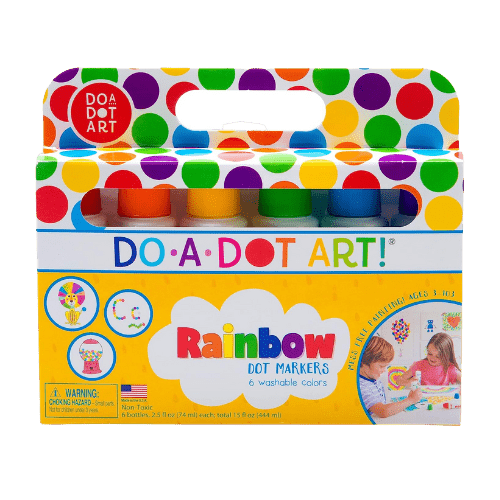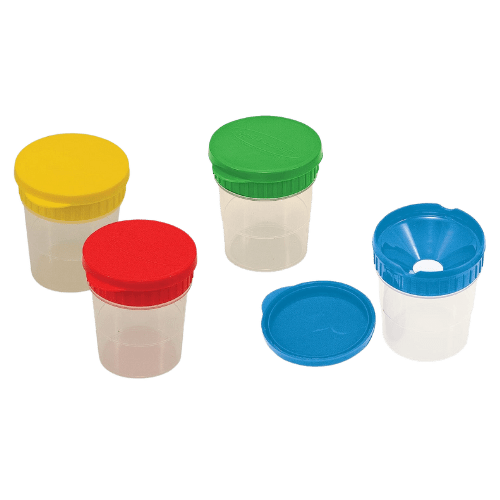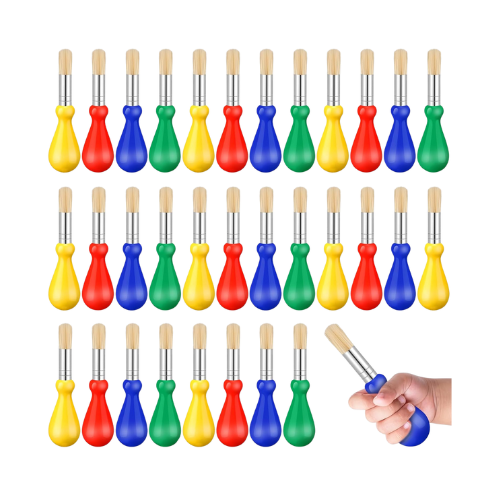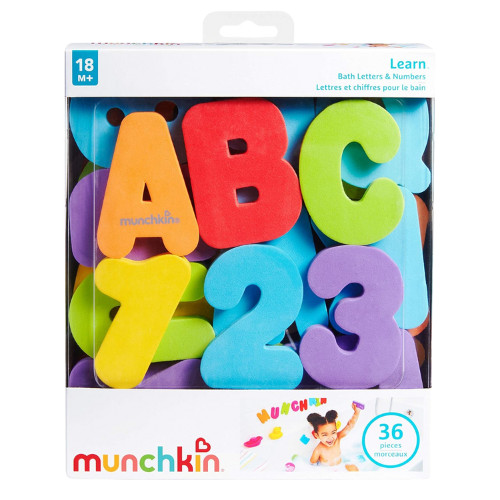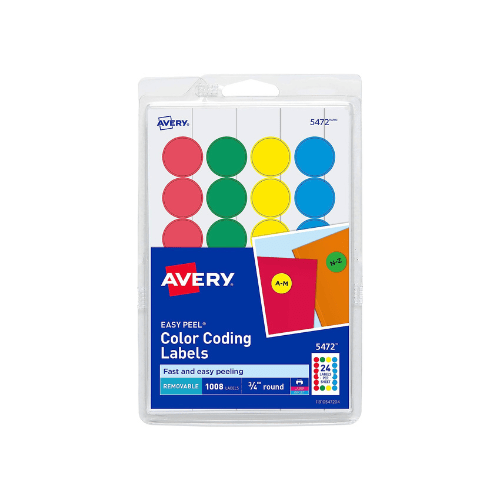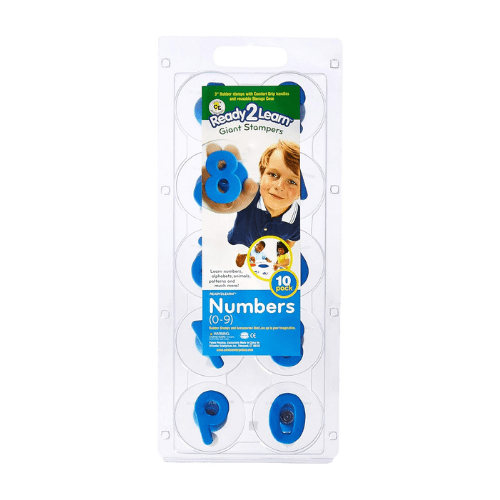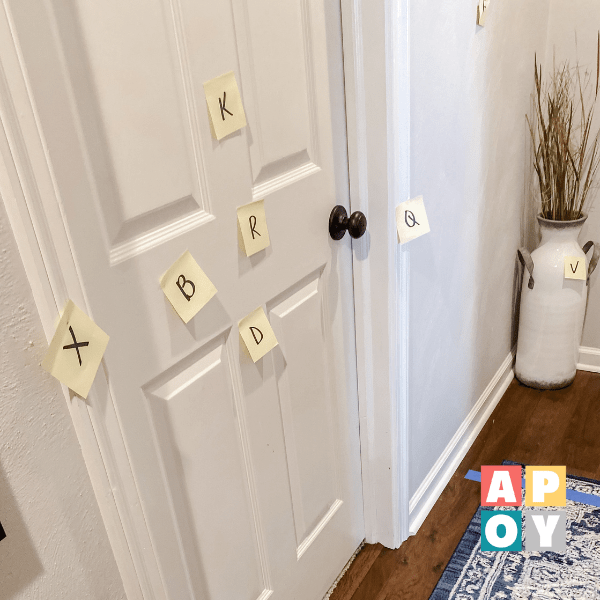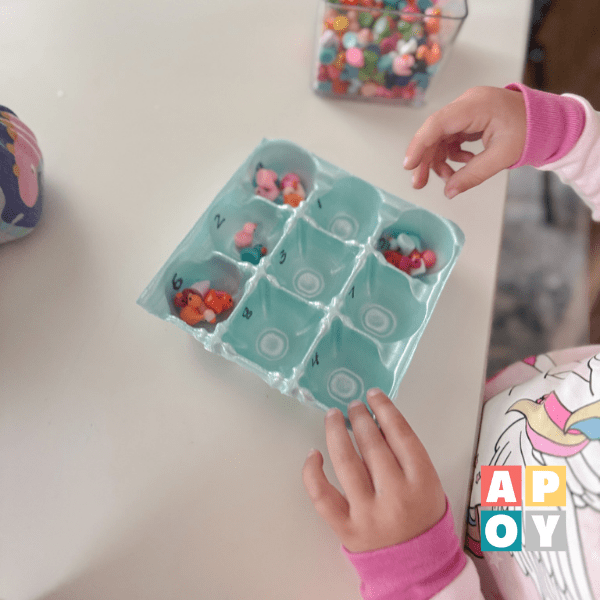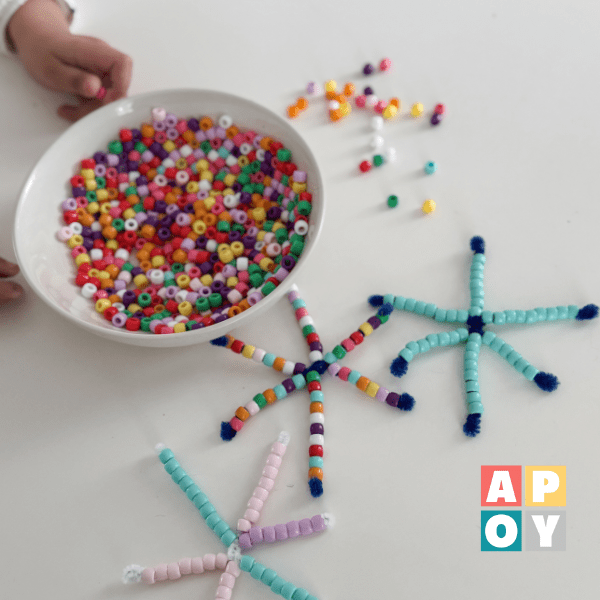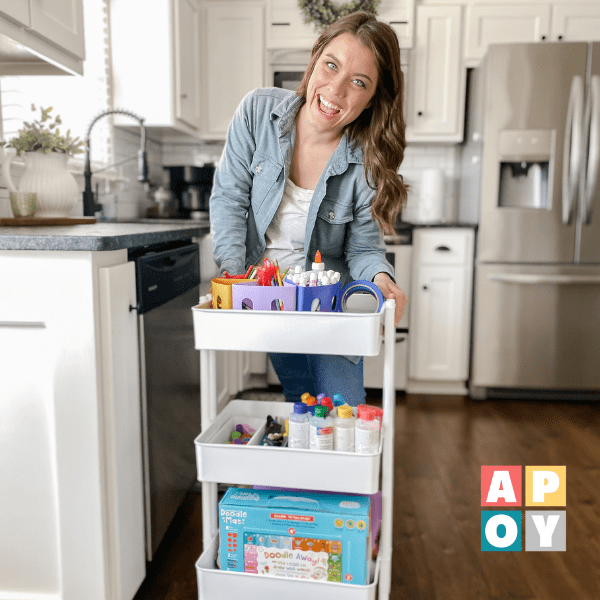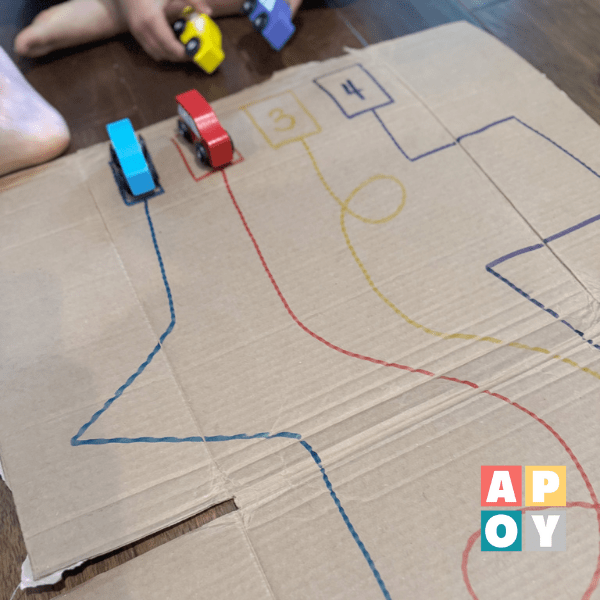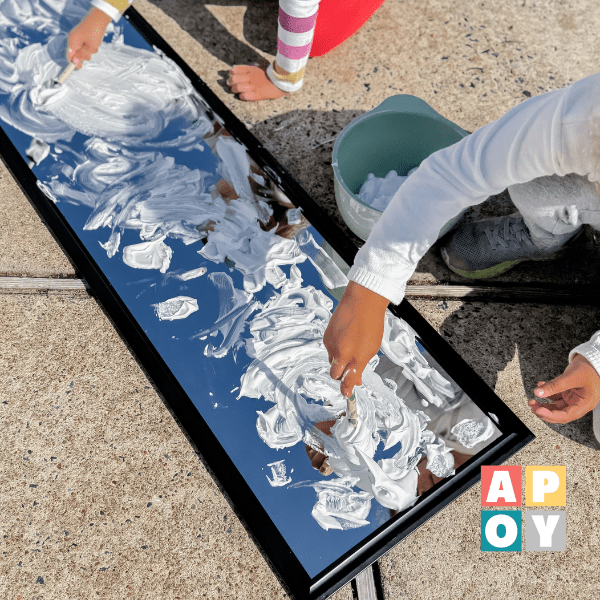2-3 Year olds Activities
Unleashing the Wonder: Activities for 2 & 3 Year-Olds’ Growth and Development
Welcome to the thrilling world of toddlerhood! Your little one is experiencing incredible growth and development in various areas. Their intellectual abilities are expanding as they categorize objects and grasp abstract concepts. They’re becoming more independent, showcasing newfound skills like taking off their socks and “feeding” their dolls. However, with these exciting milestones also come challenges, such as occasional tantrums and mood swings. Embrace their curiosity and be prepared for the endless “why?” questions that fuel their thirst for knowledge.


2-3 Year Olds Developmental Milestones: Motor, Language, And Cognition*
Motor Milestones
(2-3 Year Olds):
- Running, jumping, and climbing with increased coordination and balance
- Pedaling a tricycle or riding a balance bike
- Throwing and catching a ball with improved accuracy
- Walking up and down stairs independently, using alternating feet
- Using scissors to cut along a straight line
- Building more complex structures with blocks or Legos
Language Milestones
(2-3 Year Olds):
- Speaking in sentences of 3-4 words and using pronouns correctly
- Asking and answering simple questions
- Following more complex instructions and understanding prepositions (e.g., in, on, under)
- Engaging in longer conversations and expressing thoughts and feelings
- Naming familiar objects and people accurately
- Engaging in imaginative play and storytelling
Cognition Milestones
(2-3 Year Olds):
- Sorting objects based on attributes such as shape, size, or color
- Completing simple puzzles with a few pieces
- Understanding and using basic concepts like big/small, more/less, and same/different
- Recognizing and naming common shapes and colors
- Engaging in pretend play with dolls, action figures, or role-playing sets
- Beginning to understand time concepts like “now,” “later,” and “yesterday”
Get ready to witness your little one’s motor skills blossom during this exciting stage! They are becoming more confident in their physical abilities and eager to explore the world around them. Encourage their motor development by creating a safe and stimulating environment where they can freely move and play. Provide opportunities for them to run, jump, climb, and engage in active play. Set up obstacle courses or arrange playdates at the park to encourage their coordination and balance. Encourage their fine motor skills by giving them building blocks, crayons, and puzzles to play with, allowing them to refine their hand-eye coordination and dexterity. Let their imagination run wild as they create and explore!
Get ready to be amazed as your child’s language skills take off! They are rapidly expanding their vocabulary, forming sentences, and expressing themselves more clearly. Foster their language development by engaging in meaningful conversations with them. Take the time to listen attentively, encouraging them to share their thoughts and ideas. Read books together, pointing out colorful illustrations and asking questions to spark their imagination. Sing songs, recite nursery rhymes, and play with rhyming words to enhance their phonetic awareness. Celebrate their efforts in communicating and encourage them to express themselves through words, gestures, and even pretend play. It’s an incredible journey of language discovery!
Get ready to witness your child’s cognitive abilities flourish as they become more curious and eager to explore the world around them. Provide them with a wide range of age-appropriate toys, puzzles, and games that promote problem-solving, memory, and creativity. Engage in activities that involve sorting objects by color or shape, matching pictures, and completing simple puzzles. Encourage their curiosity by asking open-ended questions and supporting their exploration of cause-and-effect relationships. Create opportunities for imaginative play, allowing them to use their creativity and develop their critical thinking skills. Celebrate their accomplishments, no matter how small, and provide a stimulating environment that nurtures their growing cognitive abilities.
As your child becomes more independent and social, their interactions with others play a crucial role in their development. Encourage socialization by arranging playdates or participating in parent-child classes where they can interact with peers. Teach them basic social skills like sharing, taking turns, and using polite words. Foster empathy and emotional understanding by encouraging them to express their feelings and recognizing the emotions of others. Engage in pretend play together, taking on different roles and scenarios, which helps develop their social and emotional intelligence. Celebrate their friendships and support their growing connections with others. It’s an exciting time of building social bonds and developing lifelong skills!
How Can You Foster Motor, Language, and Cognitive Milestones at this age?
Language Milestones
(2-3 Year Olds):
- Engage in frequent conversations with your child, using simple and clear language.
- Read books together and discuss the story, characters, and pictures.
- Encourage your child to express themselves by asking open-ended questions and listening attentively.
- Use descriptive language to name and talk about objects, actions, and emotions.
- Play word games, sing songs, and recite rhymes to enhance vocabulary and language skills.
- Support pretend play and encourage your child to engage in imaginative storytelling.
*It’s important to note that every child develops at their own pace, and there can be variations within the normal range. If you have any concerns about your child’s development, it’s always a good idea to consult with a pediatrician or healthcare professional.


TRY THESE ACTIVITIES
Explore simple, hands-on activities below!
Remember, the primary focus is to engage your child in activities that are age-appropriate, safe, and enjoyable. These activities foster their development while nurturing the bond between you and your little one. So go ahead, have fun, and create precious memories as you embark on this exciting journey together!
MOST (UN)POPULAR FINDS
Shop Links for Follower Favorites Here
FIND MORE INSPIRATION
Even More Achievable Learning Ideas

